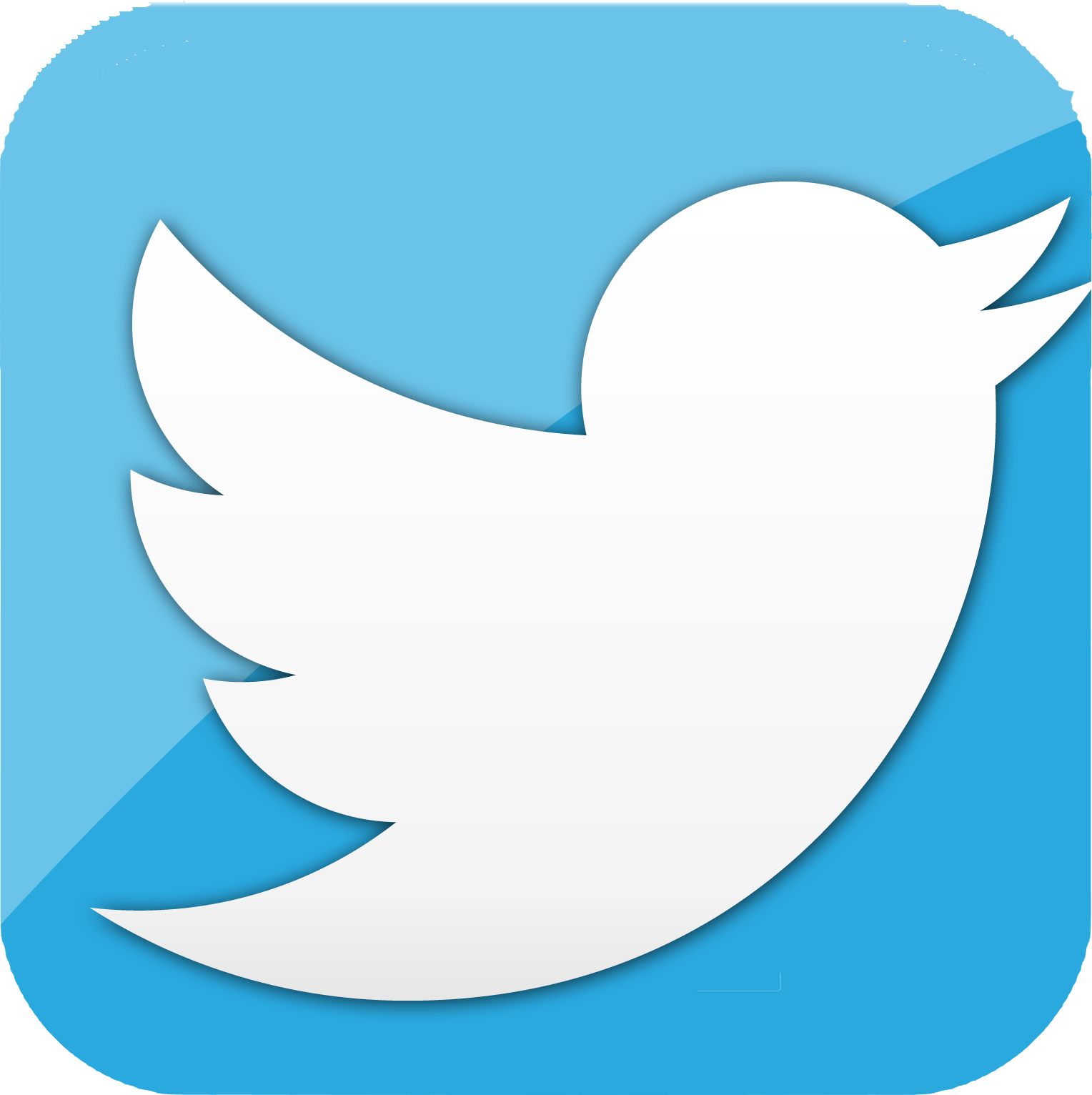Nothing is worse than wondering to yourself for days and months on end why you didn't land that job you really wanted. Where did you possibly go wrong? There are ten major mistakes that are made in terms of job interviews that result in a decrease in chance of you landing a job. These mistakes are described in the best seller,
What Color Is Your Parachute?, written by Richard N. Bolles.
1. Limiting yourself to large organizations only.
Going after only large organizations limits your options and your chances are lessened greatly. Landing an interview may be more difficult and you're being compared to tons of other candidates.
2. Doing the search by yourself for places to visit.
No one wants to go about this type of search alone.
3. Not doing prior research about the company or organization before the interview.
It is like not doing your homework before class. You are unprepared and have no knowledge about the subject you are supposed to know.
4. Interviewing with the Human Resources department.
Usually the HR department looks for reasons to screen you out, not bring you in..
5. Overstaying your welcome.
If you are being interviewed, you need to have an understanding of when it is over.
6. Only talking about your resume during the interview.
Sure, your resume is important but it is important to talk about other topics also.
7. Talking only about yourself through the interview
It is important to show interest and ask questions to your interviewer.
8. Lack of support in backing up skills you claim you have.
Your resume says you have certain skills but if you can't use examples of how these skills can be applied, you might as well not even list these skills.
9. Acting as if you are begging for the job.
Approaching an employer as if you were a job beggar, is not at all appealing to an employer.
10. Not sending a post interview thank-you.
Saying "thanks for having me" is a huge must after an interview. They took the time out of their day to listen to you, now take the time to say thank you. It is courteous and wins in the long run.
There you have it. Prevent yourself from making these careless mistakes to higher your chances of landing the job!




